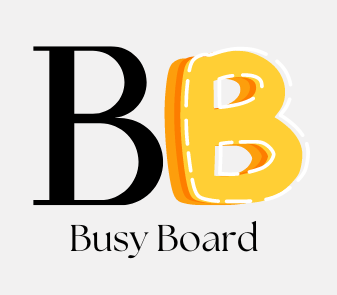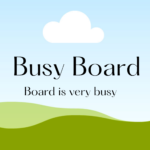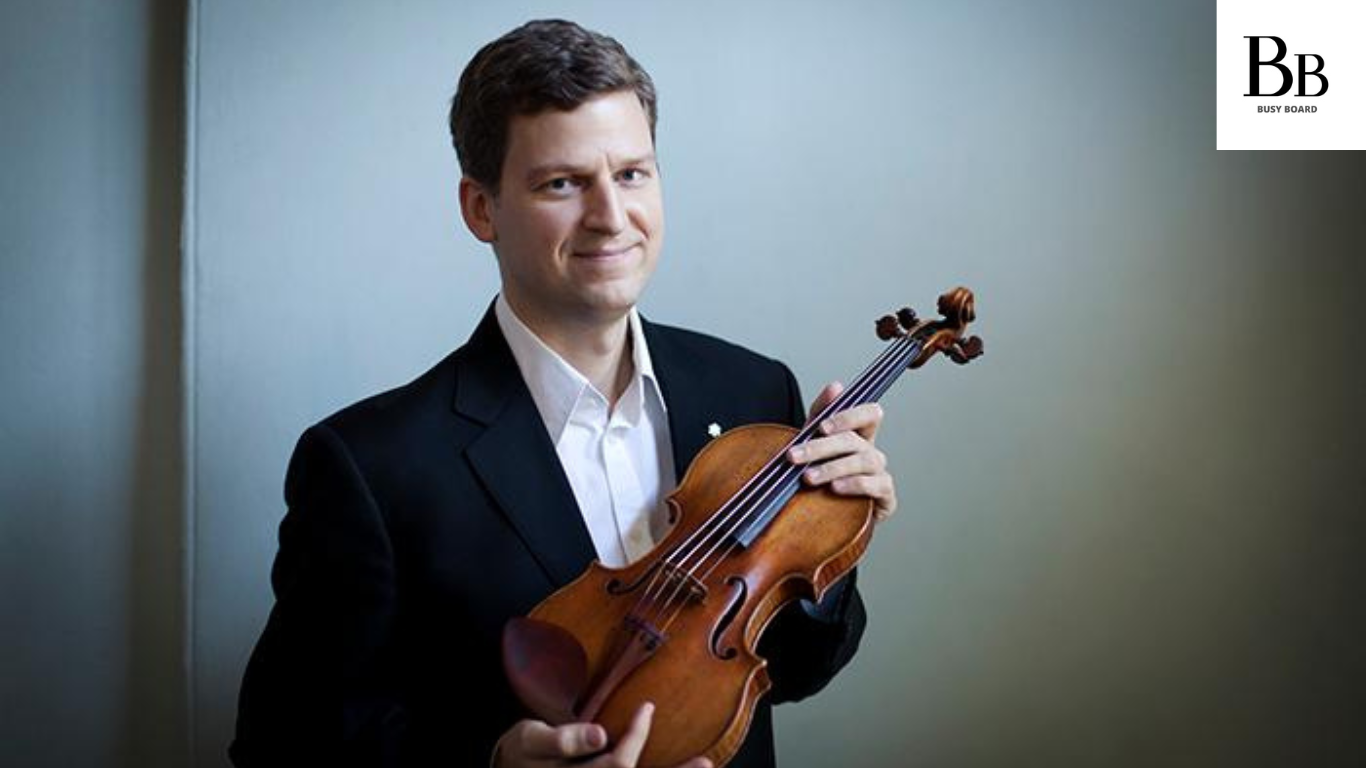Seth Taube Discusses How To Become A Violinist At A Young Age, The violin is one of the most lovely and difficult units to grasp. Its sensitive strings and the sheer range of feelings it is able to evoke make it a fave among musicians and listeners alike. However, studying the violin at a young age may be a challenging journey that calls for subject, willpower, and the right guidance. Seth Taube, a famed violinist and track educator, stocks his insights on how aspiring young musicians can come to be skilled violinists. Drawing from his personal enjoyment, Taube emphasizes the importance of early publicity, steady exercise, and the fee of getting a supportive environment.
The Importance of Starting Early
One of the first points Seth Taube emphasizes is the advantage of starting young. Like many other disciplines, mastering a device benefits from early publicity. At a young age, the mind is enormously adaptable, and motor capabilities are still developing, making it less difficult to research the complicated hand-eye coordination needed for the violin. Children who begin early have a tendency to increase muscle memory quicker and are regularly extra snug experimenting with sound and rhythm.
Starting younger additionally instills a deep appreciation for track which can develop over the years. According to Taube, younger youngsters are certainly curious and keen to discover. By introducing them to track early on, dad and mom and educators can harness this interest and nurture a lifelong love of the tool. The extra publicity a toddler has to tune in their youth, the extra intuitive their connection to the violin becomes.
Finding the Right Teacher
Seth Taube stresses the significance of locating the right violin instructor for a young baby. The proper instructor no longer most effectively affords technical coaching but also serves as a mentor who can inspire and motivate a student. A true trainer is familiar with the way to make classes enjoyable and tasty for young newcomers, breaking down complex standards into practicable, fun activities. Learning to play the violin requires a stability of discipline and creativity, and a skilled trainer can assist keep that balance.
Taube shows that parents and guardians invest time in locating an instructor who’s both affected and passionate about coaching. The violin is a difficult tool, and frustrations are certain to arise. Having an instructor who knows the way to work through those moments while encouraging the pupil can make all of the distinction in maintaining interest and exuberance.
Developing a Routine
Once a young musician starts learning, Seth Taube underscores the significance of habitability. Learning the violin isn’t always something that may be rushed; it requires regular practice and dedication. Taube recommends organizing a day by day practice schedule, although it’s only for a short period at the start. What matters most is consistency. By practicing often, the younger violinist will build muscle memory, improve finger placement, and broaden a keen sense of pitch.
The period of exercise time can steadily grow as the scholar grows older and turns into greater gifted. However, the purpose has to usually be quality over quantity. Taube believes in established exercise that specializes in unique abilities as opposed to just gambling via pieces time and again. Breaking exercise into sections running on scales, bowing method, or hard sections of a piece can result in extra effective studying and quicker improvement.
Parental Involvement and Encouragement
Parental assistance plays a vital role in a baby’s musical journey. Seth Taube factors out that learning the violin at a younger age is not just the duty of the kid or the instructor; it’s a collaborative effort related to the parents as properly. While parents do not want to be musicians themselves, they could help by encouraging their child, making sure they exercise frequently, and growing an environment that fosters creativity.
Taube encourages dad and mom to attend instructions while viable and be aware about what their baby is running on. By staying worried, parents can offer the emotional and motivational guide that younger children often need, specifically whilst the going gets tough. Additionally, celebrating small victories, which includes studying a brand new piece or improving on a difficult segment, allows build the kid’s confidence and reinforces the pleasure of studying.
Overcoming Challenges
Playing the violin at a younger age comes with its personal set of challenges. Seth Taube acknowledges that frustration and self-doubt are herbal elements of the mastering manner. The violin is one of the most complicated units to play, requiring both technical precision and emotional expression. Young newcomers may feel discouraged after they don’t develop as quickly as they would like, particularly whilst comparing themselves to others.
To overcome these challenges, Taube advises cultivating staying power and perseverance. Progress can be gradual at the start, but with constant attempt, development will come. He additionally shows that young violinists focus on their own adventure in preference to evaluating themselves to others. Everyone learns at their very own tempo, and celebrating private milestones is a long way more profitable than measuring success in opposition to a person else’s progress.
Exposure to Performances and Music Community
Exposure to performances and the song network is some other vital element in turning into a younger violinist. According to Seth Taube, attending stay performances, whether or not they be classical live shows or smaller recitals, affords beneficial suggestions for younger rookies. It enables them to recognize how the violin sounds in distinct contexts and teaches them the nuances of degree presence, musical interpretation, and target market engagement.
Seth Taube Discusses How To Become A Violinist At A Young Age, Additionally encourages young violinists to sign up for children orchestras or ensemble organizations. Playing with others fosters teamwork, builds self assurance, and offers a possibility to practice in a unique setting than non-public training. It also introduces the concept of being attentive to different contraptions and blending one’s sound into a cohesive musical piece, which is an important skill for any aspiring musician.
The Role of Passion and Enjoyment
Ultimately, Seth Taube believes that passion and entertainment are the keys to becoming a violinist at a younger age. While field and exercise are important, they need to be fueled by means of an authentic love for the tool. Taube encourages young violinists to explore unique types of track and locate portions that resonate with them. Whether it’s classical, people, or modern music, connecting emotionally with what they’re playing will keep them encouraged and excited about getting to know each other.
Parents and instructors need to assist youngsters locate joy of their musical adventure, ensuring that the enjoyment stays nice and profitable. The violin, even as tough, has to also be a supply of creativity and self-expression.
Conclusion
Becoming a violinist at a young age requires a mixture of ardour, determination, and the right steerage. Seth Taube’s insights spotlight the importance of early exposure, finding the right teacher, developing a constant recurring, and fostering a supportive environment. While the journey can be hard, the rewards of gaining knowledge of the violin are colossal, offering younger musicians a profound sense of achievement and a lifelong appreciation for tune.













